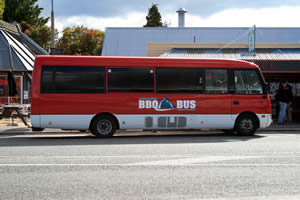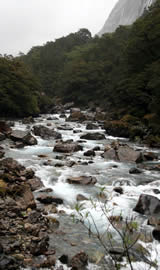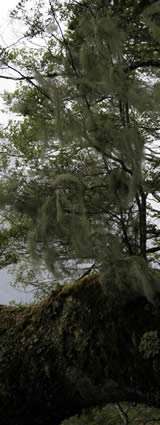- Home ›
- NZ National Parks ›
- Fiordland National Park
Fiordland National Park New Zealand
Established in 1952, the Fiordland National Park, South West New Zealand World Heritage Area/ Te Wahipounamu ‘The Place of Greenstone’, became listed a United Nations World Heritage site in 1990.
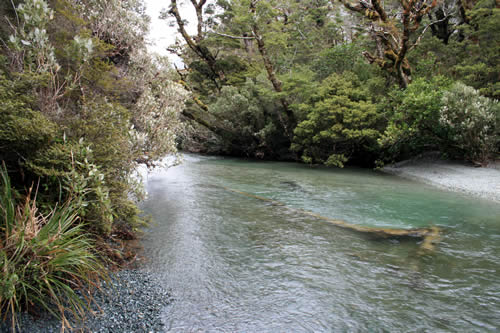
Fiordland River , New Zealand
Greenstone (jade) is a mineral resource of the South Island and one of the many natural treasures of New Zealand. You just can’t come away without a piece of Greenstone to remind you of your visit to NZ!
The definition of a fiord is a U shaped valley, carved out by glaciers, and followed by being flooded by the ocean.
There are 14 fiords in Fiordland National Park that were formed over a period of one hundred thousand years in the south west corner of the South Island. The fiords are surrounded by snow-capped peaks and thick forests of ancient trees.
It is without a doubt one of the most dramatic places to visit on earth, an incredibly wild and rugged wilderness, much of which is not accessible by transport other than your own two feet.
Much of the fauna and flora of Fiordland National Park can be found no where else in the world, such as the Kakapo (flightless parrot) and more than seven hundred species of plants.
Fiordland Walking Tracks
There are over five hundred kilometers of walking tracks to choose from in the park, the most famous probably being the Milford Track, Kepler Track, and Routeburn Track.
However, there are many other, some of which need particular care but many with the offer of guided walks by local and knowledgeable guides.
Milford Sound Cruises
A most popular activity to do is a ferry cruise on the Milford Sound, spectacular whatever the weather! On a rainy day thousands of waterfalls magically appear around the sound, on a still day the sound can be like a mirror.
In my case, although it was heavy rain and gales during my visit, I was glad of the opportunity to see all the waterfalls and wild sea.
The Fiordland National Park is in the Southland region of New Zealand.
Activities in Fiordland National Park
Fiordland Hiking
If you have been visiting other sections of this site you have no doubt already heard me mention the ‘Great Walks’. Three of these popular walks are actually in the Fiordland National Park.
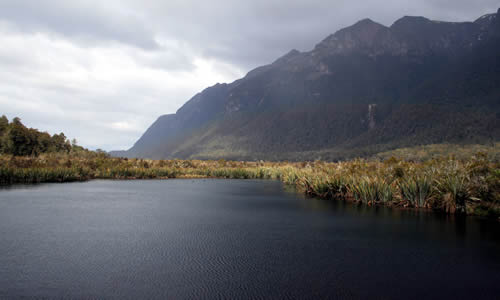
Mirror Lakes, National Park, New Zealand
Out of these the most famous one is the Milford Track. The Milford Track is a five day trek and as it is the most famous it is often quite crowded with trampers. The Routeburn Track takes around three days to complete and crosses into another of the national parks, Mount Aspiring. Then there is the circular route of the Kepler Track that takes around four days to complete.
As well as these three there are many other spectacular walks and hikes to explore in this national park, both short and long.
Water Activities
Other popular activities in Fiordland are kayaking and diving. You can use a sea kayak to explore some of the fiords and the Manapouri and Te Anau lakes, or go diving to see the underwater plants. There is also an abundance of wildlife and birds to see such as penguins, fur seals, and dolphins.
Tour
When I visited Milford Sound I took the BBQ Bus from Queenstown, via Te Anau, that stops halfway for the driver to cook up a BBQ. When we got to Milford Sound we took a scenic ferry cruise on the sound.
Drive the Milford Road from Te Anau to Milford Sound - SH94
Good Weather or Bad Weather?
The weather was appalling, high winds and heavy rain. However, because the weather was so bad we got the opportunity to see the hundreds of waterfalls that appear around the sound in such weather that would otherwise not have been there to see!
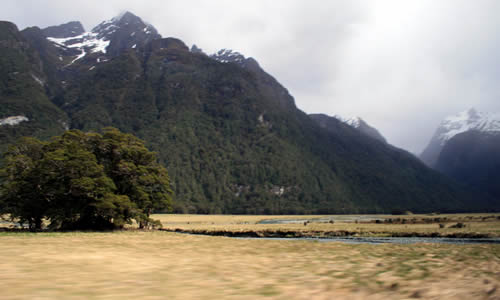
Fiordland National Park, New Zealand
Accommodation in Fiordland National Park
There is a range of accommodation in and around the Fiordland National Park. The settlements of Manapouri and Te Anau are good places to look for your accommodation. Milford Sound has a backpackers’ lodge but is the only fiord that you can access by road transport.
If you are hiking one of the tracks there are over fifty huts provided in the park. Basic huts are available on most of the tracks but the three, Routeburn, Kepler, and Milford tracks, include huts that have better facilities than the basic huts provided on the other tracks. Examples of the hut facilities are water supplies, toilet facilities, and mattresses.
Fiordland National Park Location
Parks
See National Parks for all parks locations

